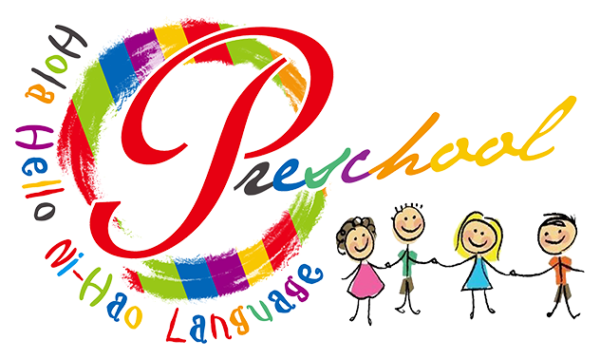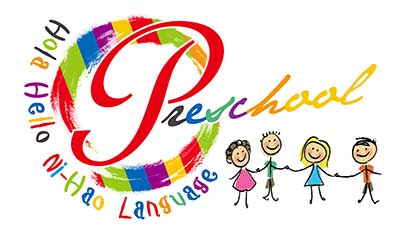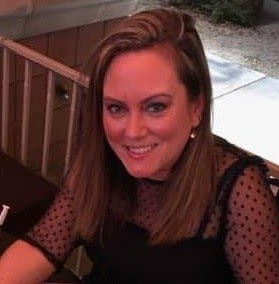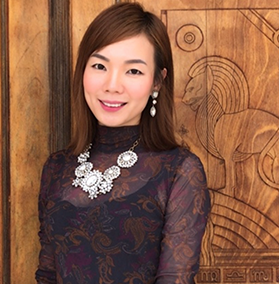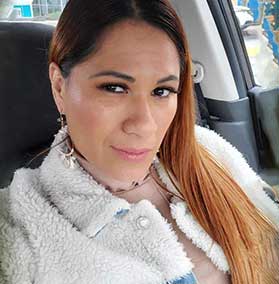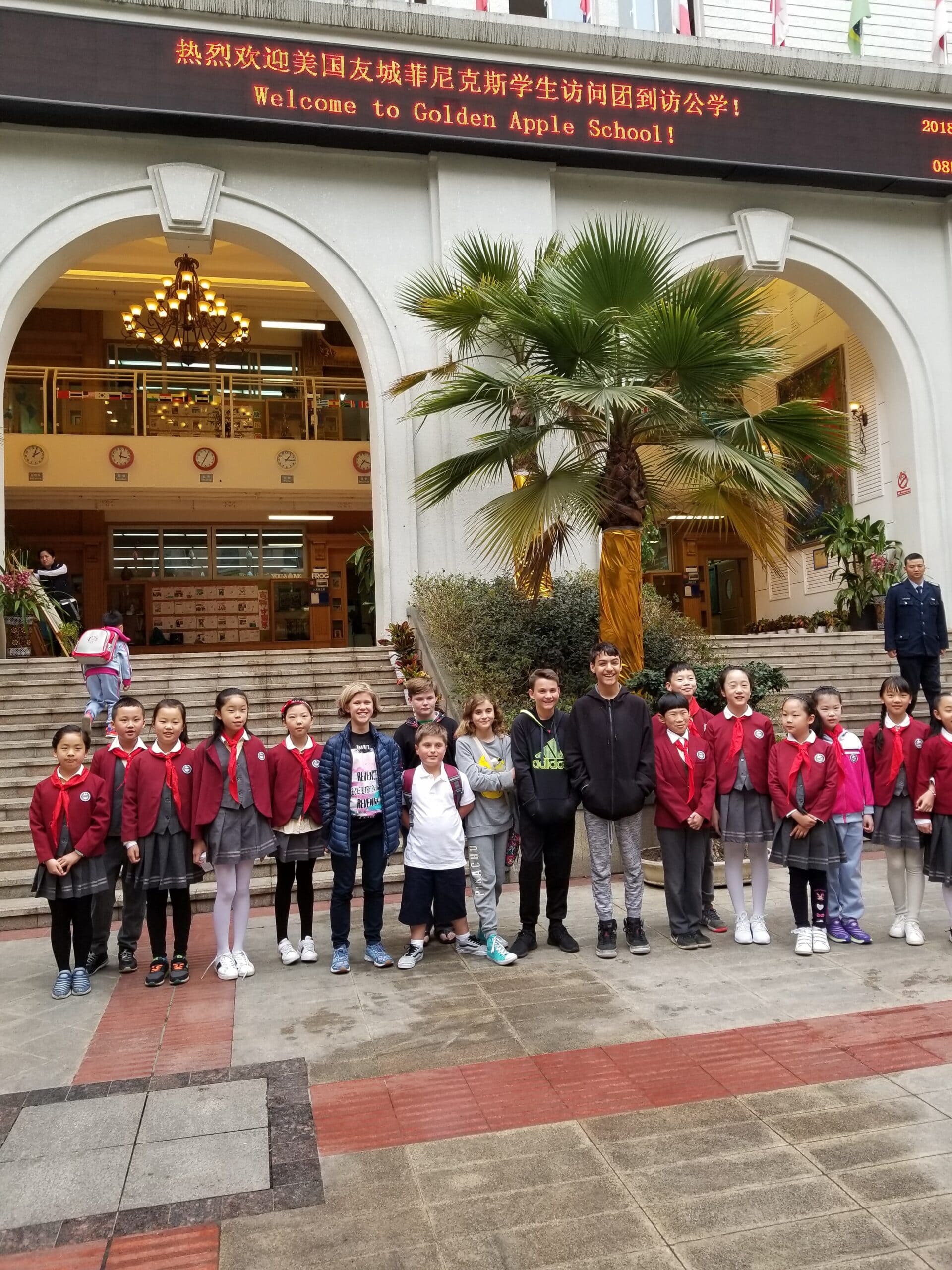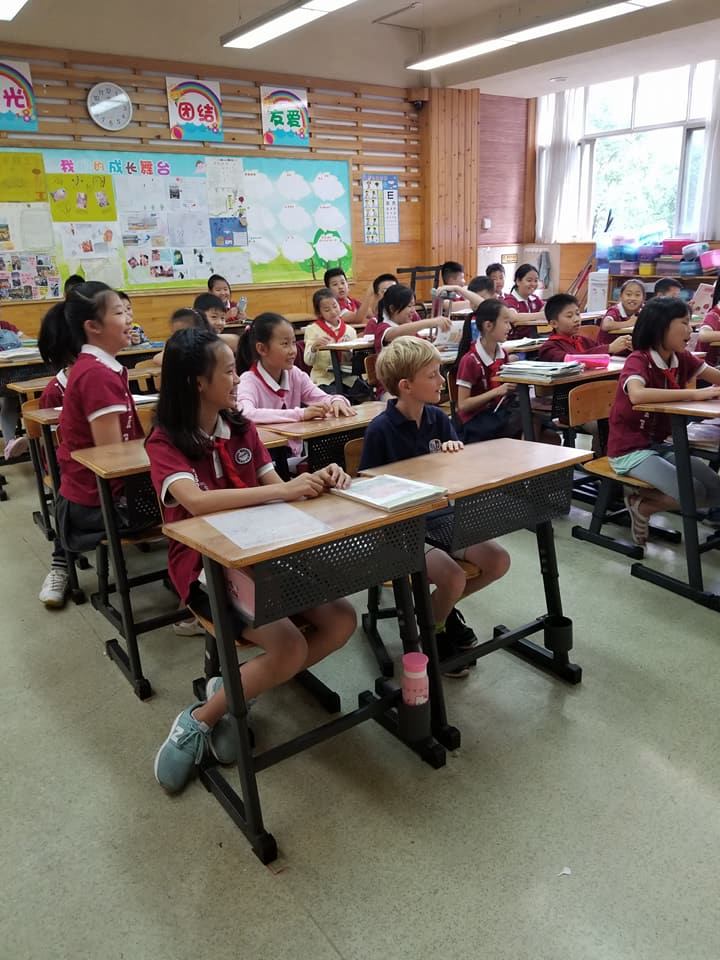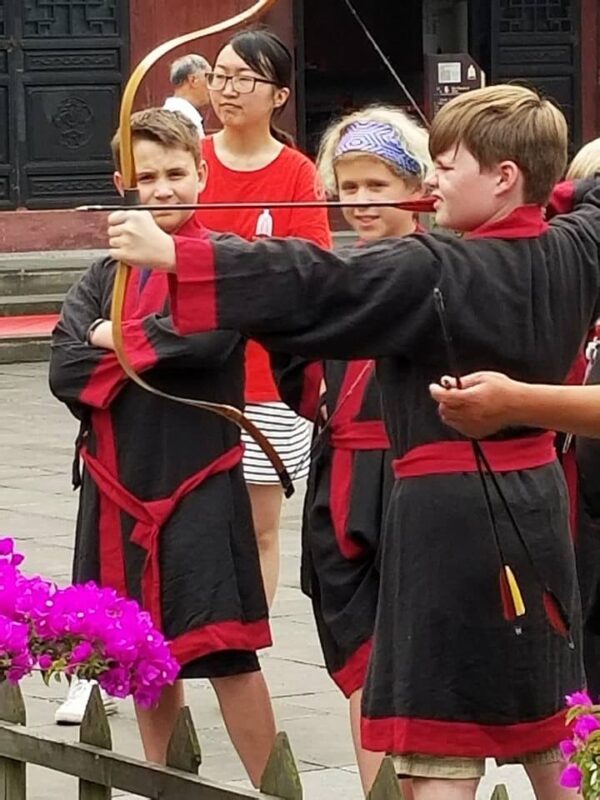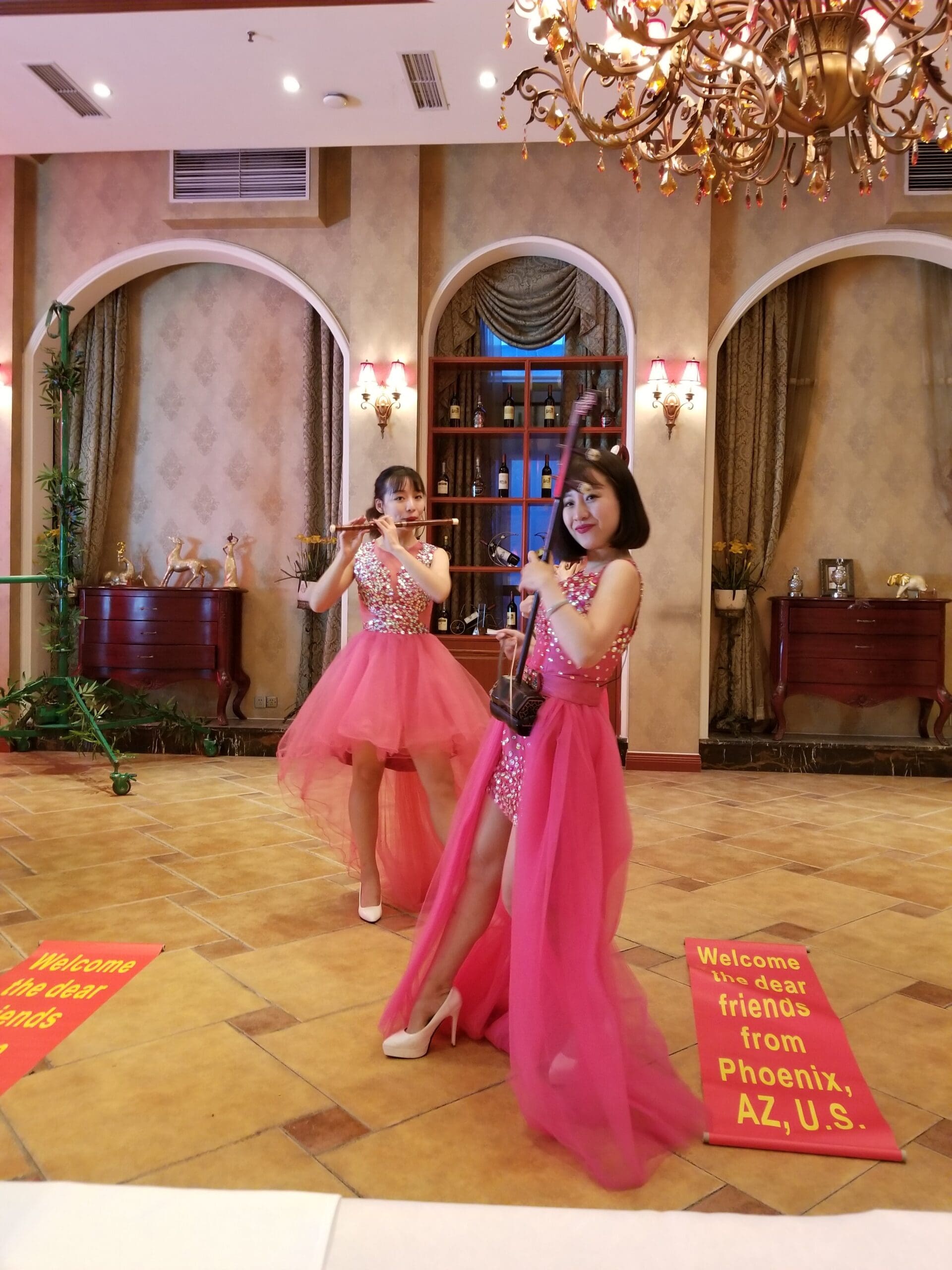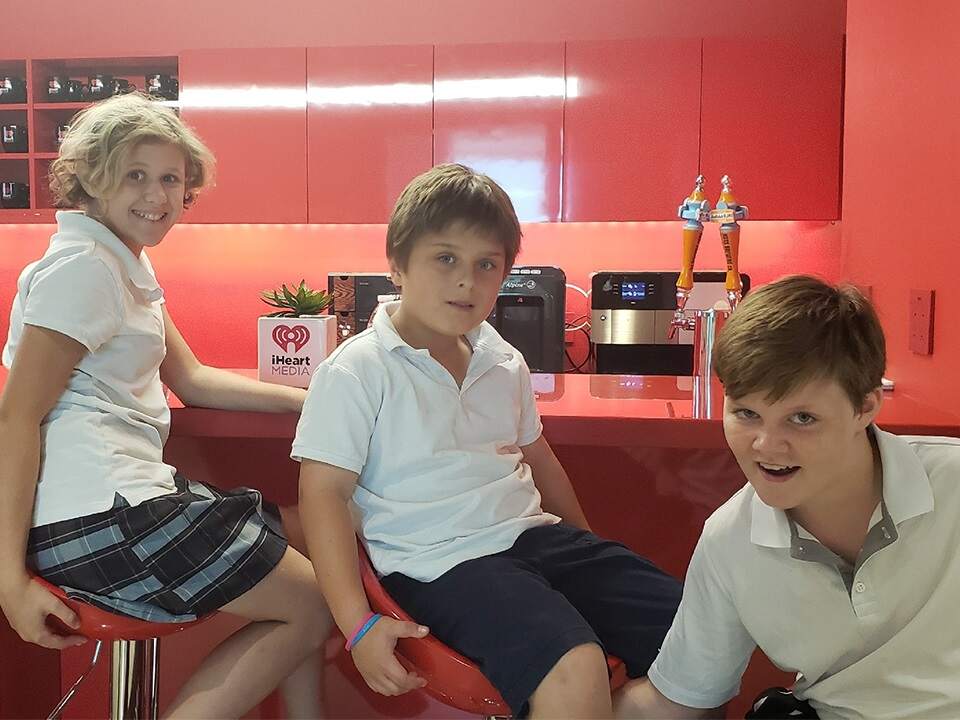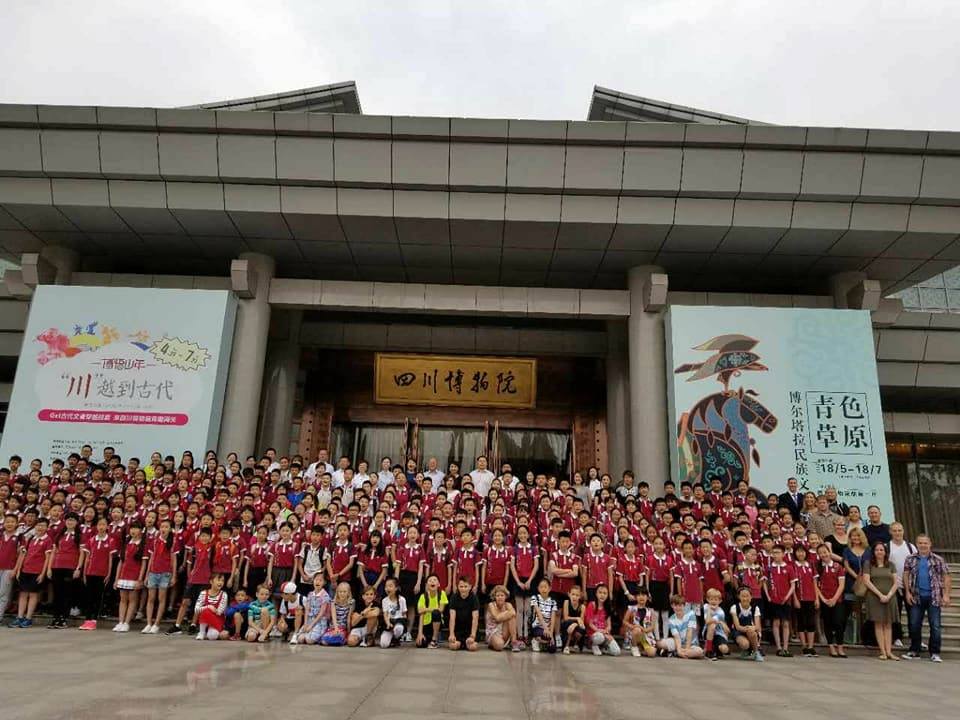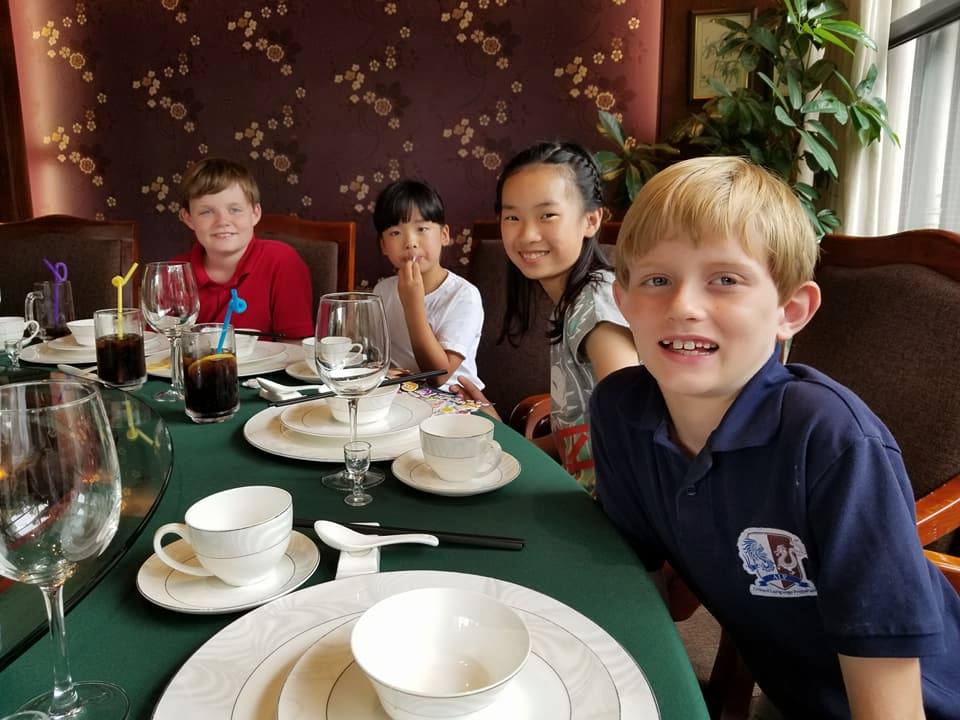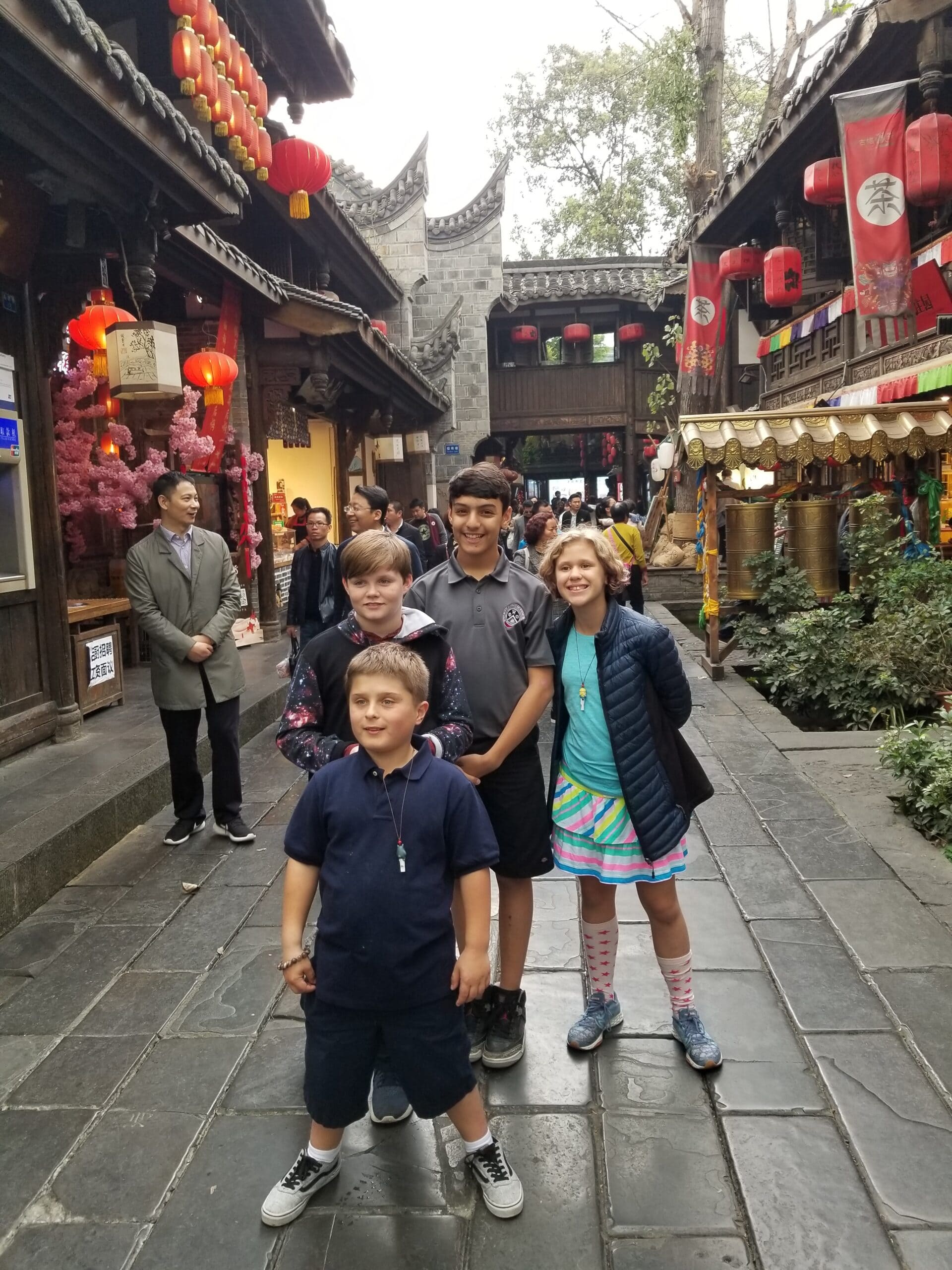
Hola Hello Ni Hao Language Preschool and Daycare
Focusing on Language Immersion for Spanish and Mandarin Chinese in Phoenix and Scottsdale
Welcome to Hola Hello Ni Hao, a vibrant preschool and daycare that also serves as a language immersion after-school facility for K-12 students. Our innovative approach to early childhood education introduces pre K children to the rich cultures and languages of Chinese and Spanish, offering an immersive, interactive, and fun-filled learning journey. And, we are now located next door to Arizona Language Preparatory, a trilingual immersion charter elementary school where you child can continue their language immersion journey after graduating from our preschool.
Our preschool program, led by our dedicated and experienced educators, primarily focuses on Chinese and Spanish speech and writing, making language learning a natural, engaging process. By integrating demonstration, repetition, and interactive play, we strive to make bilingual and even trilingual education an exciting adventure!
The curriculum of our after-school Mandarin Chinese program emphasizes traditional characters and pinyin, recognizing the growing global relevance of the Chinese language. Similarly, our Spanish courses are thoughtfully designed to mirror the Mandarin curriculum, catering to different proficiency levels.
At Hola Hello Ni Hao Language Preschool, we prioritize personalized learning by offering one-on-one and small group classes in our preschool program, limited to under 15 students. This allows our teachers to tailor the learning experience to each child’s unique abilities, ensuring they fully grasp and enjoy their language immersion journey.
But what truly sets our language immersion preschool and daycare apart is our commitment to nurturing global leaders. We go beyond language instruction by providing opportunities for your child to connect with a host brother or sister on trips to China and Mexico, where your child can attend school and connect with their host family. For China, we have Phoenix Sister Cities in Chengdu and Taipei, the Tempe Sister City of Zhenjiang, and the Scottsdale Sister City of Hainan. For Mexico, we have a Phoenix Sister City in Hermosillo, and we also take trips to Puerto Peñasco (Rocky Point). These relationships can open doors for your child’s future, enrich their language skills, and deepen their cultural understanding. The pictures on this page are from our many trips to China and Mexico as part of our mini-ambassador program.
Join us at Hola Hello Ni Hao Language Preschool, where we envision not just your child’s education, but their overall future. Our mini-ambassador program reflects our active engagement in global cultural exchanges. We’re not just a preschool and daycare – we’re a launchpad for your child’s journey as a global citizen.
Our Benefits
TOUR
We’d love to have you in to tour our beautiful preschool and daycare facility. Scheduling in advance is preferred, so please give us a call at (602) 334-1201, email us, or use the contact form on our site and we’ll get something set up with you. Don’t miss out on the incredible benefits of trilingual education for your kids!
ENROLL
Ready to enroll your child in an innovative language immersion preschool and daycare program that will enable them to be more intelligent and diversified? We are too! The “critical period” for language acquisition is from birth to around age 7, so get your child started now. Please contact us for enrollment forms.
DAYCARE FACILITIES
We now offer a comprehensive daycare curriculum designed to stimulate your child’s cognitive, social and emotional development, all in a trilingual immersion environment. Our services include full-day and half-day programs, and a wide range of fun and educational activities. Trust our experienced educators to provide your child with a safe and engaging space where they can explore their world and discover their language potential.
ADDITIONAL LANGUAGE TUTORING
Does your child go to elementary school and need some additional tutoring in Mandarin or Spanish? No problem! We have a program where we can pick up your child from surrounding schools and tutor them after school.Reach out to us for information. We will provide homework assistance as well as lesson plans to help your child reach his or her language learning goals.

CULTURAL ACTIVITIES
We recognize that your child’s goes school and your experiences in that school are very important to our growth together as families and a community. After you register, look for information about various family and cultural events like Painting with Mommy nights, Dumplings with Grandparents, Doodles with Daddy and many more family friendly events with the ultimate goal of additional language activities for your family.
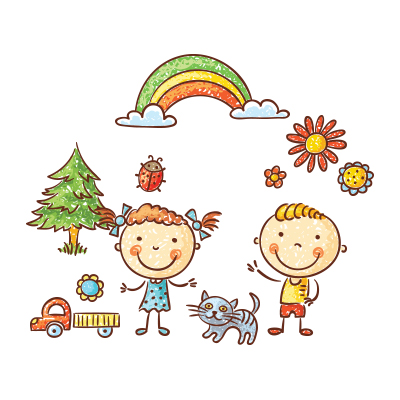
SUMMER CAMPS
Every summer we hold camps for elementary school children to immerse themselves in Mandarin and Spanish! No Chinese or Spanish background is needed for campers, so they can either continue their language learning journey or start fresh. Children will be divided into groups based on their current Chinese/Spanish levels so that their lessons are appropriate for their current proficiency.
SISTER CITIES MINI AMBASSADOR PROGRAM
How would you like to let your child travel to China and Mexico (and other countries) and attend school with native language speaking kids? We launched this program in collaboration with Phoenix Sister Cities in 2014 and it has been a huge success. We have expanded the program to now include both the Tempe and Scottsdale Sister Cities programs. We add new Sister Cities to our schedule every year and have had amazing results, building connections and introducing cultures in a way that has no equal–it’s impossible to put a price tag on these experiences. One of our Mini-Ambassadors secured a internship with the Foreign Affairs Office at the age of 13. Another is paired with one of the wealthiest families in China that owns a series of hotels across China and the United States.
These programs have only been made available to high school students in the past, so our program is truly one of a kind–nowhere else will you find this kind of opportunity for preschool and elementary kids. Our exchange program follows the model of the high school youth exchange programs with a couple of minor tweaks. An adult is required to travel with the child and the pair stay in a hotel near where the school is located in the Sister City. We put your child in school, and pair you with a host family and a host brother or sister. Your child goes to school with their host sibling, and the family takes you to dinners and cultural events while you are visiting. In exchange, the family has the opportunity to come to the United States to visit you and you follow the same hosting plan. All mini ambassadors are encouraged to send messages and communicate both before and after a trip to maintain their relationships.
BENEFITS OF BEING BILINGUAL
(OR TRILINGUAL)
Why would we want young children to learn a second or third language while they are focused on learning their primary one? It might seem like this would be learning overload at a time when your kids are also learning how to be friends, count, play on the playground and so much more. However, this is a time in our lives when acquiring a second language comes very naturally.
Between the ages of 0-5, the brains of young children are uniquely suited to learn a second language as the brain is in its most flexible stage. In fact, bilingually exposed infants have been shown to excel in detecting a switch in language as early as 6 months old. They can learn a second language as easy as they learned to walk and learn their primary language. According to the University of Washington News, the U.S. census shows that 27 percent of children under the age of 6 are now learning a language other than English. Learning a second language does not negatively impact the child’s native language.
As adults, we have to consider grammar rules and practice, but young children absorb sounds, structures, intonation patterns and the rules of a second language very easily. Up until the age of 8, young learners benefit from flexible ear and speech muscles that can detect differences between the sounds of a second language.
We’ve written more extensively on this topic in two of our blog posts. Check out our posts on “What is the best age for my child to start learning a new language?” and “Unlocking the World: The Incredible Benefits of Trilingual Education for Preschoolers.”
